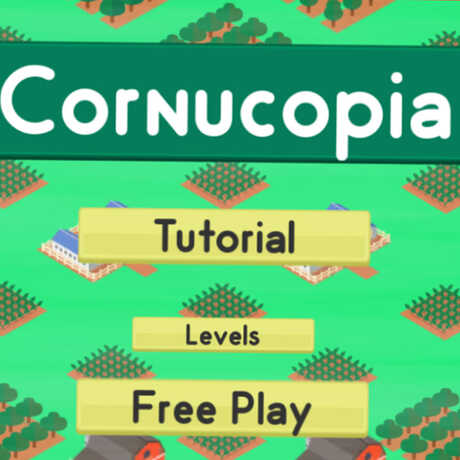Grade level: 6-10
Length: 1.5 minutes
NGSS Disciplinary Core Ideas: MS-ESS3.A
In this video, we'll learn how young people are designing creative solutions to give more people access to fresh and healthy foods and combat food deserts in our communities. Below are discussion questions you can use in the classroom in conjunction with this video to engage your students in designing their own solutions.

